Understanding 24V Contactors
Selecting the appropriate 24v contactor is crucial for the seamless operation of electrical systems. A contactor is an electrical relay used to control the flow of power in a circuit. The 24vdc contactor is specifically designed to operate with a direct current (DC) voltage of 24 volts, making it suitable for a variety of industrial applications.
Types and Applications
There are several types of contactors, including the 24v coil contactor and the 3 pole contactor 24v coil, each designed for specific applications. The 2 pole contactor 24v coil is often used in residential and light commercial applications, while the 40 amp 3 pole contactor is suitable for heavier loads typically found in industrial environments. The versatility of these contactors allows them to be used in HVAC systems, as exemplified by the carrier hn51kc024, or in complex machinery.
Features and Materials
The construction of a 24v contactor involves robust materials that can withstand varying operational demands. The contactor's coil, responsible for magnetically closing the contacts, is designed to be efficient and responsive. For instance, the 24vdc coil contactor is engineered to provide reliable performance with a quick response time after energization, ensuring that electrical circuits are engaged without delay.
Advantages of Using a 24V Contactor
Using a 24vdc contactor offers several advantages, such as improved safety with low voltage control and compatibility with a wide range of accessories. These contactors are designed to handle specific load requirements efficiently, which is critical in preventing contact wear and potential failures. Additionally, the 24 volt dc contactor is known for its durability and ability to operate under various temperature conditions without the need for additional cooling.
Selection Considerations
When choosing a 24v contactor, it is important to consider factors such as the load current, electrical supply voltage, and mounting type. For specialized applications, products like the dilm9 10 24vdc or the lc1d09b7 schneider offer specific features that may be required. It is also essential to match the contactor with compatible mechanical and electrical accessories to ensure optimal performance.
Conclusion
In conclusion, a 24v contactor is a fundamental component in managing electrical circuits across various applications. With a range of types and features, these contactors are designed to meet diverse operational needs. When selecting a contactor, it is imperative to assess the application requirements thoroughly to ensure the chosen contactor aligns with the system's demands.
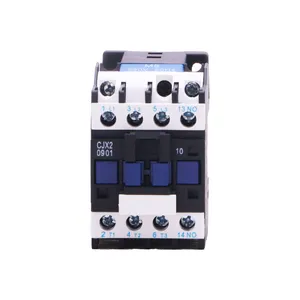
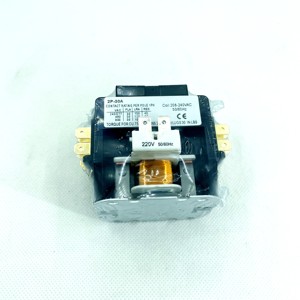












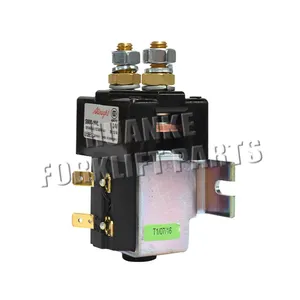


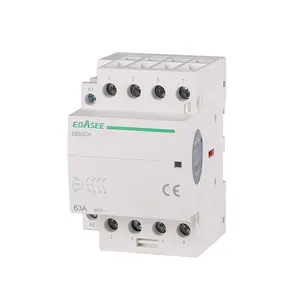


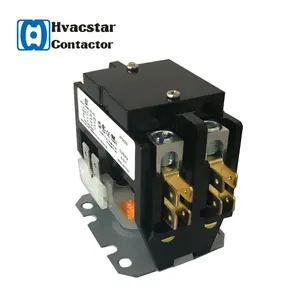
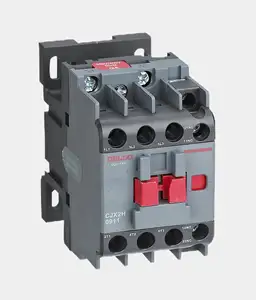
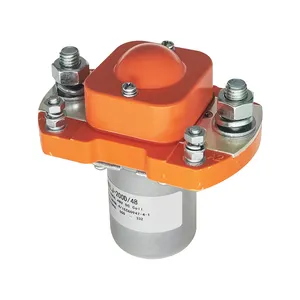
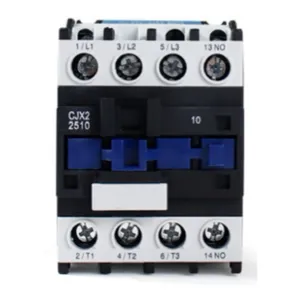


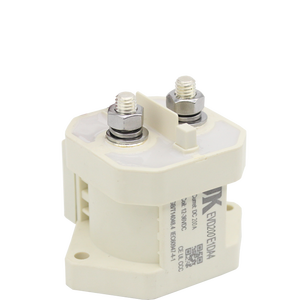



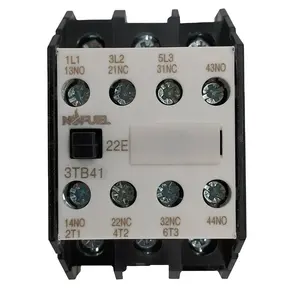

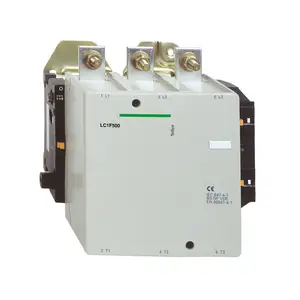










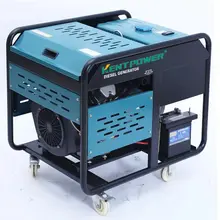


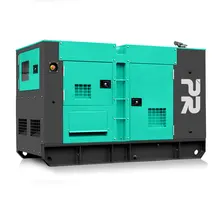
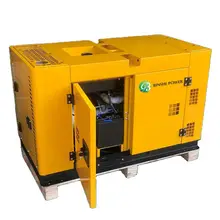


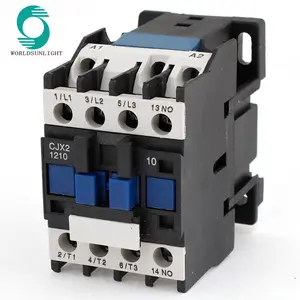
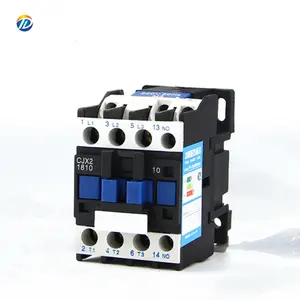




















 浙公网安备 33010002000092号
浙公网安备 33010002000092号 浙B2-20120091-4
浙B2-20120091-4